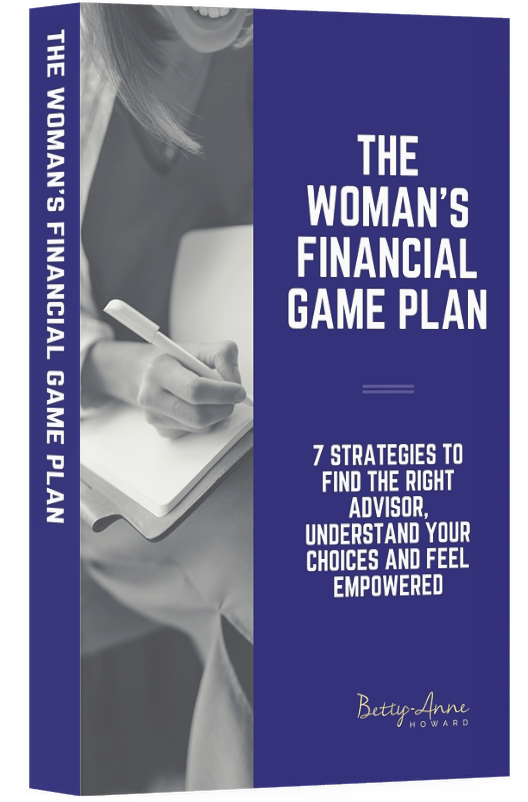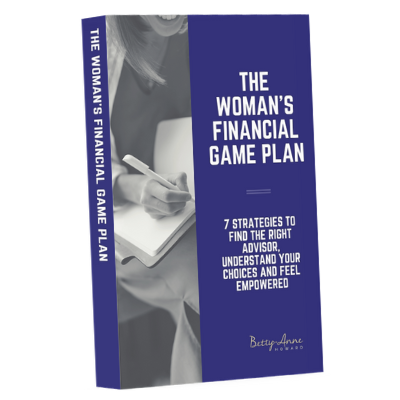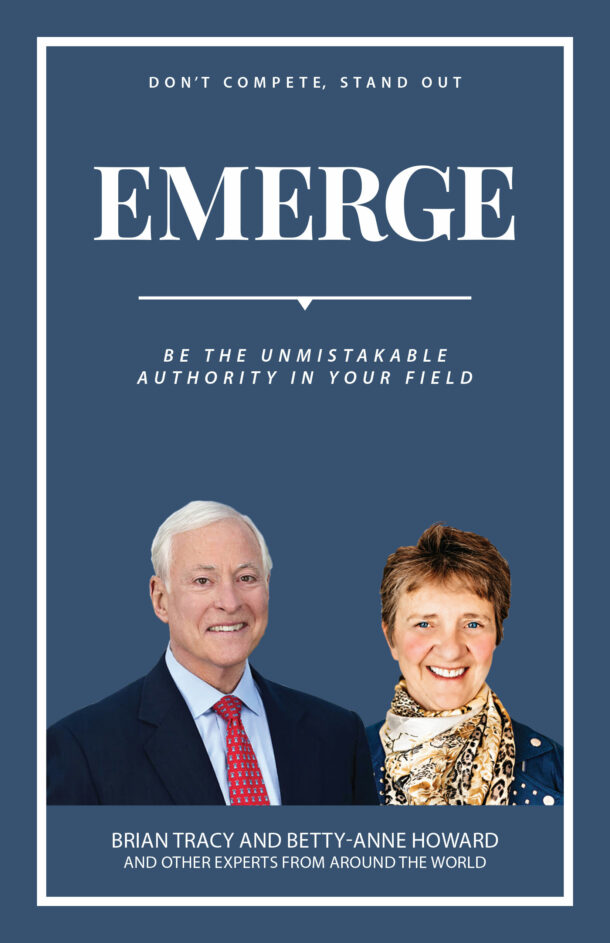
I remember a 2015 BMO Wealth Management study that found that retired Canadians spend an average of $2,400 per month on expenses, with housing, bills, clothing, transportation, and food being the largest monthly expenses.
Things have changed drastically since 2015, and like millions of Canadians, your finances may have worsened due to inflation and the challenges the global pandemic has thrown your way.
Many Canadians don’t have any retirement savings, and the majority of those who do are saving less because of the increasing pressures of living costs, rent, or existing mortgages.
Almost a third of working-age Canadians don’t have any retirement plans and expect to continue working part-time during their retirement. And yet, according to Statistics Canada, retirement has been on many people’s minds with a record number of people aged 55 to 64 retiring in 2022.
My motto is that it’s never too late to start planning, so let’s find out what a good retirement income looks like for you today, how you can estimate your retirement needs, and how long your current savings might last.
What is a good retirement income?
A good retirement income is different for everyone! It depends on the following factors:
- Your retirement plans
- Whether you’re married or partnered
- Your age when you start saving for retirement
- Your current and expected income
It’s important to ask yourself what you want to do when you retire because that has a direct impact on the amount of money you’ll need to save before retirement.

Do you plan to travel for the better part of the year or for as long as you’re physically able to? Do you want to live close to your children and other family members to avoid traveling expenses?
Do you want to live in your house, gardening and enjoying your independence until you die or move into long-term care or with a family member?
Having a clear vision of your retirement will empower you to make concrete and achievable savings goals. Each aspect of how you envision your retirement has a different price tag attached to it, and whenever there’s money involved, it’s good to plan for those lump-sum amounts. You can read more about income-planning vs life-planning right here.
Asking questions is the key to having enough for your retirement. After all, if you plan for your retirement without asking the right questions, you might:
- Underestimate the impact of inflation
- Underestimate how long you’ll live
- Be too aggressive in investments
- Forget to factor in healthcare costs
- Rely too much on public benefits
- Underestimate real estate costs
- Overestimate your investment income
- Set unrealistic return expectations
- Be too conservative in investments
Keeping these factors in mind, envision your retirement in practical terms so you can be realistic when setting your savings goals and retirement budget.
Who will share your retirement?
Who will share your retirement will influence how and how much you save for your retirement.
Communication, listening and understanding the family members with whom you plan your retirement is the best financial advice we can offer. One of the first steps is to take the time to discuss your plans for the future with your loved ones, the people who’ll share your retirement.
When you and your loved ones are involved and engaged in how cash flows in and out of your household, you can better manage your savings and ensure a comfortable and secure retirement.
When did you start saving for your retirement?

Some of us begin planning for our retirement early on in life (lucky you!). But many people start saving for their retirement later in their professional working life, and they may feel they’re not on track to have enough money for their retirement. But, it’s important to note that it’s never too late to start planning and saving for your retirement, even if you’re in your forties, fifties, or sixties!
No matter what your age is, you can sit down today with your financial advisor and figure out how your finances can meet your future goals and those of your loved ones.
How much do you earn now and what do you expect to earn when you’re retired?
How much you earn now impacts how much you can set aside toward your retirement savings.
If your existing income prevents you from saving money, talk with your financial advisor who can help you consider alternative income streams, and investments. What you expect to earn when you’re retired isn’t set in stone; however, you can make relatively informed predictions.
All things being equal, you can look at your past earnings and expenses over time and estimate their future trajectory. Of course, it’s impossible to factor in global pandemics and financial market turmoils, but you can get a conservative sense of your future earnings considering your current salary and investment payouts.
How do you calculate if you’ll have enough money for retirement?

One way to calculate if you’ll have enough money for retirement is with the 4% rule.
If your expected savings allow you to withdraw a yearly income between 3 and 5%, you can generally assume that you’ll have enough money for retirement.
A cash flow analysis is also a great way to analyze your spending and steward your money. Learn how to make sure your emotions and values align with a healthy financial plan in our article on understanding cash flow.
Enough money for retirement looks different for every person; however, you can include the following as retirement income streams available to you:
- Personal savings
- Registered Retirement Savings Plan (RRSP)
- Tax-Free Savings Account (TFSA)
- Old Age Security (OAS) pension
- Canadian Pension Plan (CPP)
- Workplace pensions
Find out about the above retirement investment vehicles in our article on the key pillars of successful retirement planning.
Will the money last?

Who doesn’t love a good calculator? You can find out how long your money will last during retirement with the free CI Assante Wealth Management retirement calculator.
You can quickly compare various scenarios according to:
- Starting investment balance
- Rate of return
- Annual income
- Inflation rate
You can also use the CI Assante Wealth Management Savings Growth calculator to explore different scenarios such as:
- Increasing your monthly or annual investment
- Investing at the start of the month or year
- Starting to invest at an early age
- Stopping investing at a later age
- Earning a higher rate of return
Using calculators and looking at the numbers is one thing, but being able to understand them and how they apply to your unique situation is where the meaning behind the money comes into play.
Conclusion
You may not be one of the increasing numbers of Canadians riding the Great Retirement wave before the age of 65 – but you may be! According to a labour force analysis by the Canadian Centre for Policy Alternatives (CCPA), retirement may be on the horizon sooner rather than later, particularly if you’re in the healthcare, construction, retail trade, or education and social assistance sectors.
Understanding if the money will last – and if you’ll have enough – is one of the key questions we are asked when working with our clients on retirement planning. If you’re unsure, the best path forward is to speak to your financial advisor.
Remember, your wealth includes not only your financial assets (the income-planning side), but also your knowledge, wisdom, and relationships (the life-planning side). So, speak to your loved ones and book a call with us to discuss your retirement planning in a holistic life-focused way.
__________________
Enjoyed this article? You might also enjoy:
Estate Planning: Putting Together The Pieces of the Puzzle
Beginning Your Retirement Planning Part 1: Understanding The Key Pillars for Success
Women, Estate Planning, and Philanthropy: Hand In Hand or Hand In Heart?






0 Comments